As matriculants came to the end of their schooling years, ZIMASA MATIWANE visited Open Air School, one of only two schools that caters for children with special needs in Durban, to find out how young people who have spent their childhood in an environment designed to support them feel about leaving their comfort zone.
Dr Sheila Naidoo, an educational psychologist at the school, said the school encourages interaction with the outside world through community projects and brings in past learners to give motivational talks to students. Companies looking for disabled matrics offer learnerships and the school links students to universities that offer supportive environments for the disabled. But for these students leaving school and entering the world of work and studying brings more than the usual post-matric anxieties.
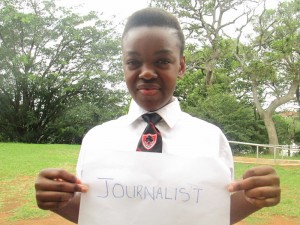
I have hypophosphathemic rickets, which affects my bones and growth. I went to a mainstreams school and I was teased a lot. Here at Open Air School I am comfortable around other people with disabilities; we understand each other. I’ve had four operations and I experience joint pains. I have applied at a university with a residence that caters for my physical needs. My biggest fear about university is socialising with people who are not like me. Here we understand each other. I don’t know how I am going to cope. I am the only disabled person at home so my family gives me enough support to overcome any difficulties, but I’m scared of the outside world, it won’t be easy. I wish we had a university for disabled people.
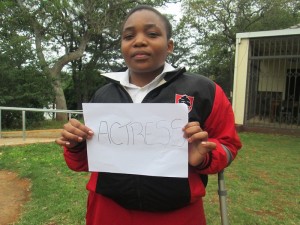
My condition, spinal bifida, restricts my mobility because it affects bones, muscles and joints hence I walk with crutches. I have been at a special school since grade two; I am not exposed to the outside world. I plan on studying at the University of Venda, which is far from home because I want to be exposed to a different world. We are very fortunate at my school. We get career guidance, information on learnerships and bursaries. I fear that I might try hard to fit in, to be liked and accepted by the world. I’m also anxious about being independent. Physically I will struggle because I’m used to getting things done for me. Simple things like a flight of stairs and carrying luggage and groceries will be a challenge. We have excellent psychologists at school but surviving the real world is entirely up to me.
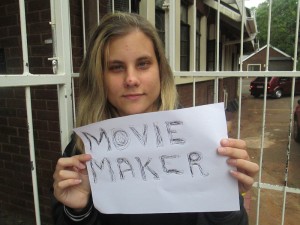
Attention Deficit Disorder and Dandy-Walker syndrome are both not physical. People hardly notice that I have a disability unless I tell them; that exempts me from judgemental stares. I like my school, I don’t want to leave. What scares me about the outside world is the stories of how people chew you up and spit you out, the constant criticism. I will have to work extra hard to prove myself in the work place. People should understand that it’s not about a disability but what my passion and talents are. You can’t just look at me and assume that I am not good enough for a job. I have applied for a learnership at a production company, I will take it one day at a time.
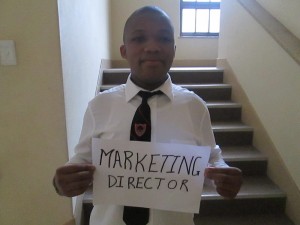
Ostrogenesis imperfecta means I cannot do simple things like jumping or dancing; my bones are chronically brittle and I get fractures easily. My condition is not visible so strangers can’t put their perceptions of disabled people on me. There are obviously careers I cannot pursue because of my physical disability but my passion is marketing; I will be fine there. We have a great support system at school and we get opportunities other disabled people may not necessarily have access to. I have disabled friends who are doing well at university hence I’m not scared of tertiary. I just hope that employers don’t just hire disabled people to fill in the status quo, but that they cater for their individual needs as well.
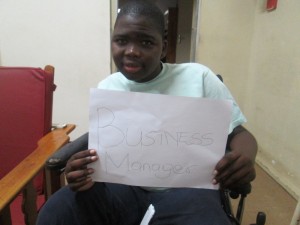
I was not born with muscular dystrophy, it all started when I was nine and by age 13 I was in a wheelchair, which has helped me move around for seven years now. I have adjusted to and accepted my condition but I think people need to be educated about disabilities, to help dispel prejudices associated with disabled people. There are people who ask my mother if I’m mentally ill, right in front of me. That doesn’t hurt me anymore because it’s their ignorance. I am going to study Business Management, there will be challenges but the university I applied to offer caters for the disabled, so I will be fine.

– Featured image via the Open Air School website

![Open Air School [official website]](https://www.thedailyvox.co.za/wp-content/uploads/2014/11/Open-Air-School-official-website.png)







